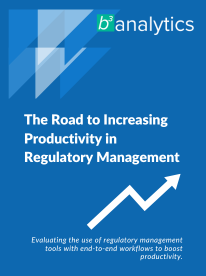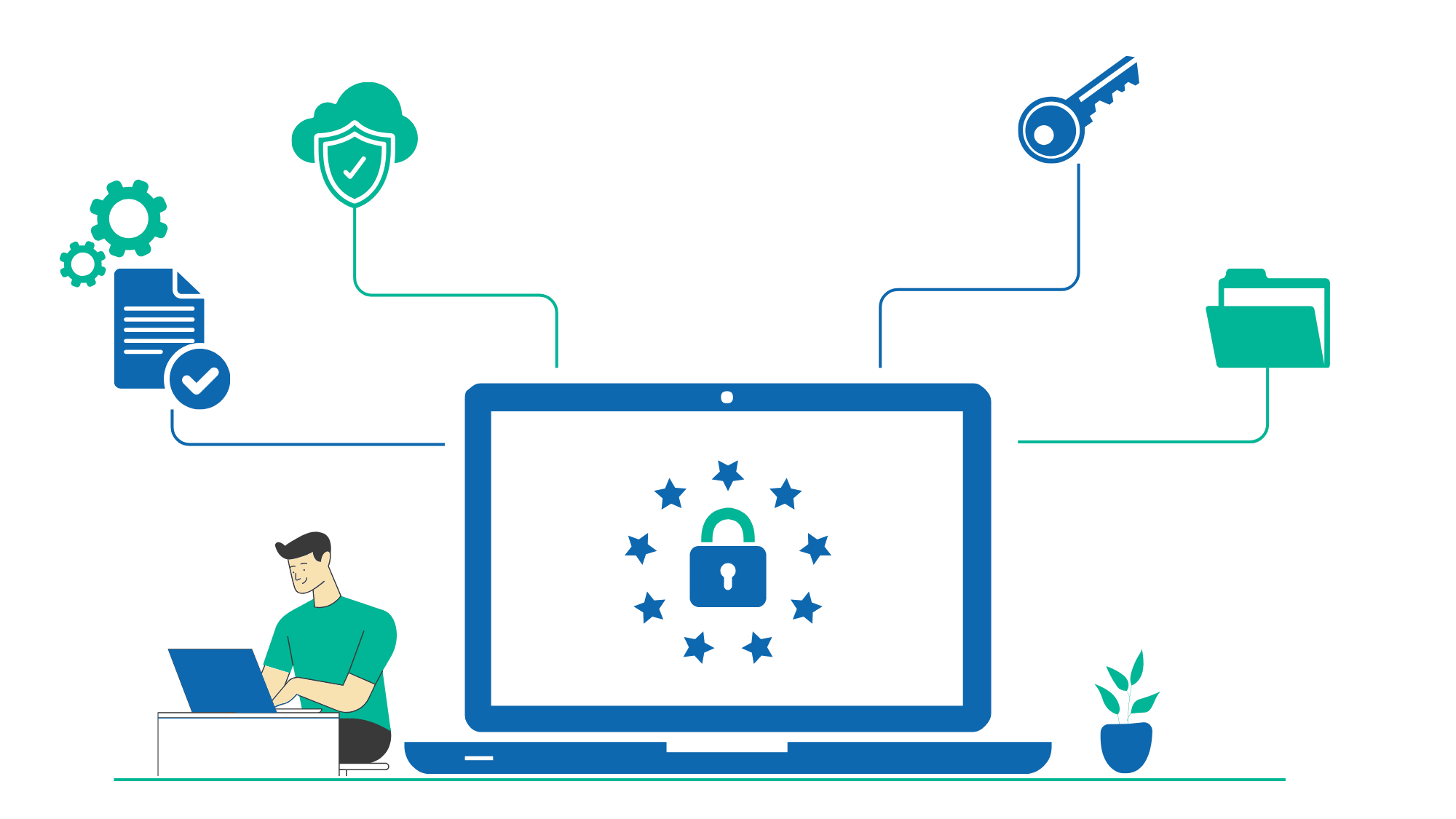
The RegTech industry is exploding, with more and more companies investing in regulatory technology solutions every day. Want proof? In 2019, the global RegTech market was valued at approximately 5.32 billion USD, but this figure is expected to grow to a whopping 33.1 billion USD by 2026.
The reason behind this massive growth is the rapid adoption of RegTech solutions by companies in sectors with stringent compliance requirements. Simply put, in a world with ever-increasing regulatory expansion combined with stiff penalties for non-compliance and staffing issues, companies are seeking greater control over their compliance processes. This control comes in the form of regulatory workflow tools, audit solutions, and change management software, among other tools. Because these solutions have numerous advantages, adopting regulatory technology is a top priority for many businesses in 2022.
However, despite RegTech's breakneck expansion, the industry isn't without its challenges. This is precisely what we're going to be looking at today. The industry will need to address the challenges in this section if it wants to continue growing at its current speed.
1. Challenges to RegTech Adoption
The first key challenge to the industry, that could potentially stifle its growth, is the resistance to RegTech adoption. Although we've seen giant leaps in RegTech adoption in recent years, not all companies are moving at the same pace, and many factors still stand in the way of widespread adoption. Here are some of the factors at play here:
Legacy Systems
Many financial organizations are still using old technology, including software written in obsolete or virtually extinct programming languages. Replacing these systems is costly, risky, and often requires an expensive multi-year project. As a result, many companies put off migrating to new systems for as long as they can.
Legacy systems don't often integrate with new technologies, and when they do, a lot of tweaking is necessary. Unfortunately, this also leads to many companies delaying RegTech adoption despite its many advantages.
Attitude Towards Change
Some companies, or rather their employees, are resistant to change. They might be risk-averse, unconvinced of the return on investment potential, or worried the technology doesn't have longevity. Additionally, adopting new technologies comes with extra costs beyond the solution's price. For example, employees will need to be trained on the software, historical data has to be migrated, etc.
However, while these are legitimate concerns, sticking with them can hinder a company's growth and competitive position. How? RegTech solutions are now more common than ever and have a proven track record of streamlining compliance tasks, reducing costs, and boosting efficiency. Furthermore, new solutions are typically very user-friendly and require little to no training for users to master.
Confidence in Third Parties
Often, using a RegTech solution means trusting a third party to provide a solution that meets all of their compliance needs. New regulations come into effect all the time, so the chosen vendor must be able to adapt and update their software as required (and if necessary).
2. Uncertain Economic Climate
Beyond adoption, other vital factors may impact whether the RegTech industry thrives or dies in the coming years. For example, at the time of writing, the world is still battling the COVID-19 pandemic almost two years from when it started. The pandemic has caused massive global economic instability, and it's too early to tell what long-term impact it will have on the technology sector. However, it's also worth noting that IT and tech are better positioned than most industries to weather this storm.
3. Cybersecurity
With high-profile cyber attacks happening almost daily, companies need to take extra steps to ensure the solutions they choose are safe and secure. RegTech solutions often house sensitive company data, so RegTech firms need to guarantee that data is safeguarded in line with current cybersecurity best practices. Since these guidelines are updated regularly, RegTech firms need to keep a close eye on the changes and make adjustments to the software as necessary. RegTech companies that can't keep up with the rate of change will struggle to gain the trust of their consumer base.
4. The Expansion of Global Regulations
Since the 2008 financial crisis, the world has gradually moved towards a more standardized and global approach to regulation. However, despite this push in the right direction, many regions of the world still have regulatory differences. For example, financial regulations still differ between the EU and the US, while state regulations add additional burdens for companies that are subject to multiple jurisdictions.
Globalization is in full steam, with many companies serving customers in different countries worldwide. The challenge for these companies is managing differing compliance requirements across borders. RegTech solutions can undoubtedly help here, but picking the right software is paramount.


